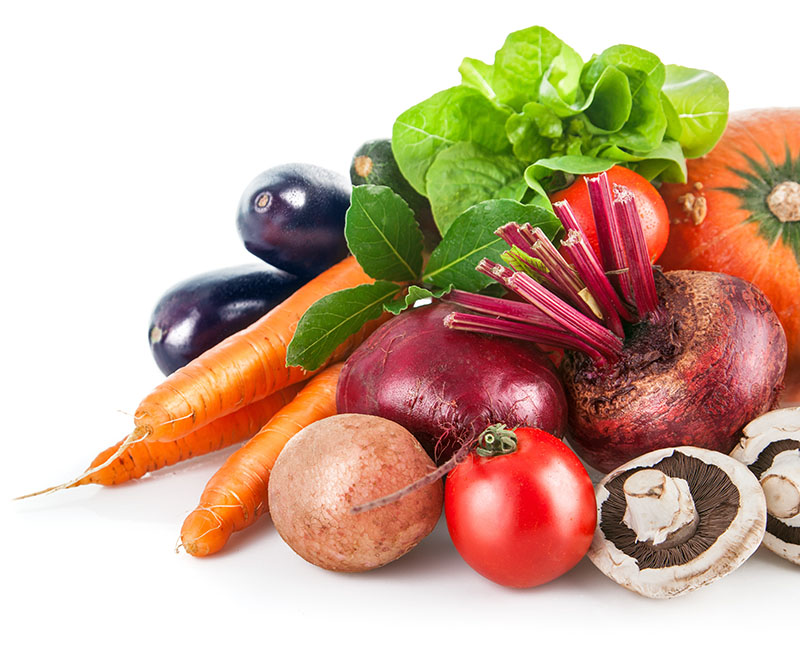In a snowy place like Buffalo, there are few things better than the chance to switch up your grocery shopping routine when warmer weather arrives. Farmers markets allow shoppers to enjoy a direct farm-to-table eating model, and reap some serious health benefits while doing so.
Health Factor: Seasonal Produce
Perhaps one of the biggest advantages to shopping at your local farmers market is that you can expect the fruits and veggies to rotate based on what’s in season.
This allows us to buy and enjoy produce at its peak ripeness, with the added perk of knowing that no preservatives were added. It’s well-known that fresh food has more nutrients than crops picked days or weeks ago, and local food enthusiasts can delight in serving up meals that feature homegrown ingredients.
Versatility: What’s Growing?
Rather than having the endless options of the grocery produce section, at a farmers market, you’re operating at the mercy of Mother Nature. Local farmers grow their crops based on what’s “in season,” or which conditions are most likely to produce the best yield of a certain plant. A seasonal selection encourages chefs to get creative in the kitchen and incorporate a variety of different produce into their menu.
Here are some examples of when certain foods are in season:
- Spring – Herbs and greens such as artichokes, arugula, asparagus, chard, lettuce, mint, parsley, and peas.
- Summer – The biggest growing season of the year (regardless of where you live) with berries, corn, cucumbers, peaches, peppers, plums, summer squash, tomatoes, and zucchini.
- Fall – Harvest produce like apples, cauliflower, celery, fennel, melons, pears, pumpkins, and winter squash.
Picking the Perfect Haul
Some local markets aren’t necessarily limited to local vendors, so make sure your produce is fresh by inquiring where the crops were grown or which town the farm is based out of. You can tell the difference between locally grown and store-bought produce by its appearance – the latter will look more uniform, without variety in its shape, size, and color. Trust your judgement above all else: Western New York unfortunately doesn’t have a climate that supports the growth of crops like avocados and bananas, so don’t think to include them on your farmers market shopping list.

Peak Season: Summer
Some farmers markets are open year-round, or even indoors. But in a climate like ours, you can expect the most variety and best quality produce in warmer temperatures – making late spring, summer, and early fall your best bet for a trip to the farmers market. Better weather attracts more vendors, as they anticipate a larger crowd and higher demand for their goods.
Don’t miss the chance to experience a farmers market near you! Check out Step Out Buffalo’s Guide to WNY Farmers Markets.





